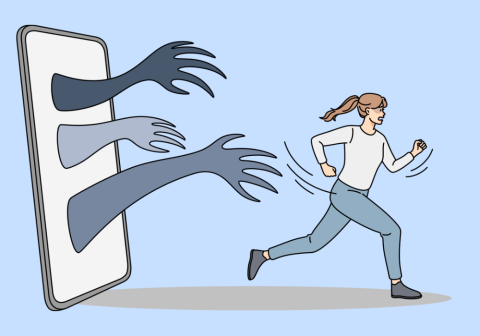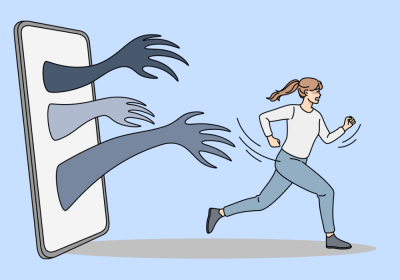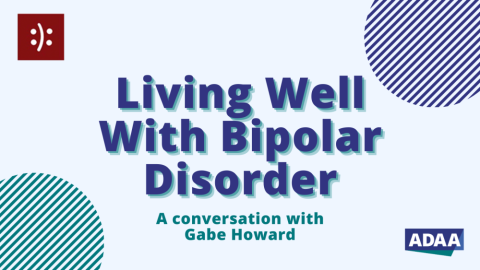Since the terrorist attacks of 9/11, most adults have accepted that we live in a new era of trying times. Tornadoes, hurricanes, and other natural disasters, as well as explosions, and other traumatic events threaten our sense of safety and security, and they occur around the world on any given day. Adults often struggle with the effects of trauma, even though they understand them. But children react differently based on their personality, age, and circumstances.
Children rely on the support of parents and teachers to help them deal with their emotions during and after traumatic events. Parents should decide how much information their children can handle.
ADAA member Aureen Wagner, PhD, Director of The Anxiety Wellness Center in Cary, North Carolina, offers this recommendation for parents:
“Remain as calm as possible; watch and listen to your child to understand how upset he or she is. Explain a traumatic event as accurately as possible, but don’t give graphic details. It’s best not to give more information than your child asks for. Let your child know that it is normal to feel upset, scared or angry. If older children or teenagers want to watch television or read news online about a traumatic event, be available to them, especially to discuss what they are seeing and reading.”
These tips are important for children and adolescents of all ages:
- Reassure them that you’ll do everything you can to keep them and their loved ones safe.
- Encourage them to talk and ask questions
- Let them know that they can be open about their feelings.
- Answer questions honestly.
- Protect them from what they don’t need to know.
- Avoid discussing worst-case scenarios.
- Limit excessive watching and listening to graphic replays of the traumatic event
- Stick to your daily routine as much as possible.
Most children and teenagers will recover from their fear. But you can watch for these signs of ongoing distress:
- Difficulty sleeping
- Change in eating habits
- Clinginess
- Re-experiencing the event through nightmares, recollections, or play
- Avoidance anything reminiscent of the event
- Emotional numbing or lack of feeling about the event
- Jumpiness
- Persistent fears about another disaster
If after a month or so your child is still showing signs of distress, professional help may be indicated. Children who have trouble getting beyond their fears may be suffering from PTSD, or posttraumatic stress disorder. And that’s when it’s time to seek the assistance of a mental health professional. Many effective treatments are available for children and teens.
Resources
- Listen to the podcast Treating Children With PTSD.
- Discover more about PTSD and other anxiety disorders in children.
- Request publications on Helping Children and Adolescents Cope With Violence and Disasters.
- Learn about traumatic stress.















